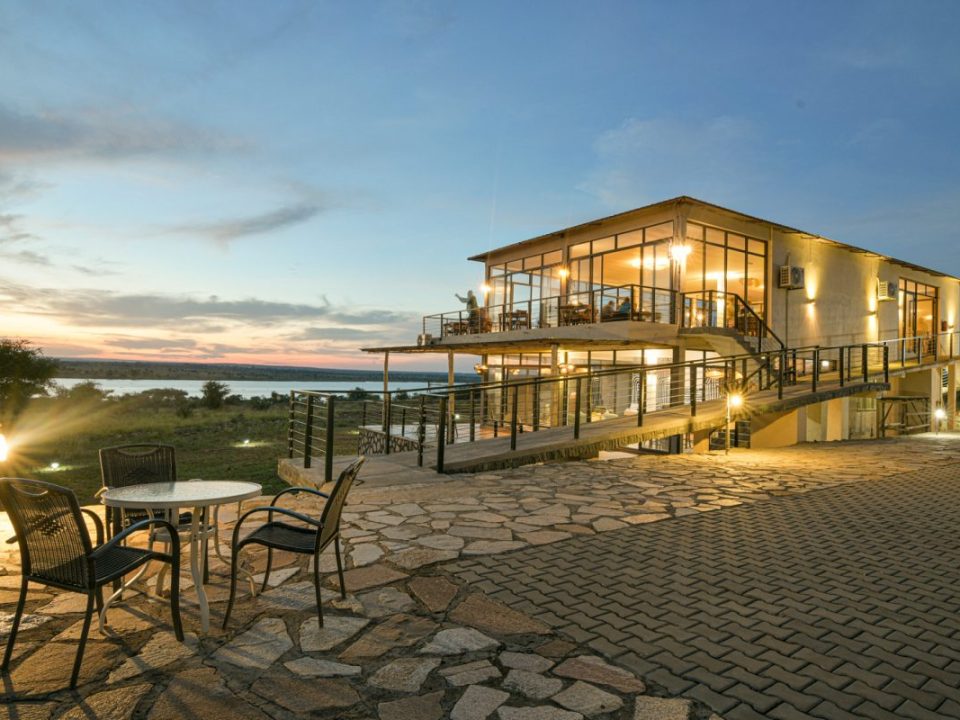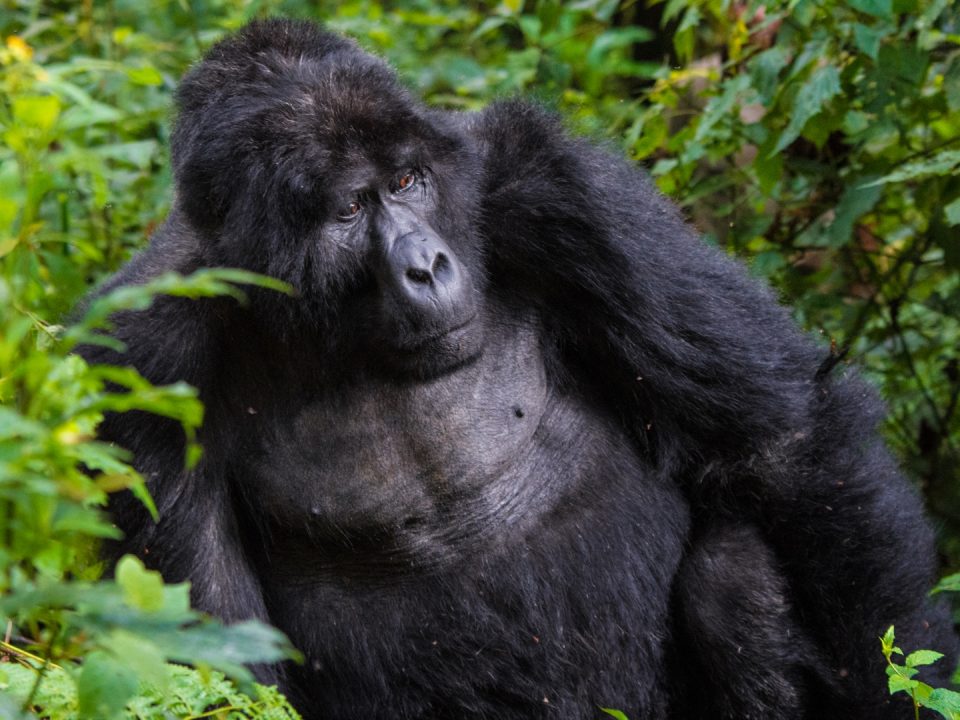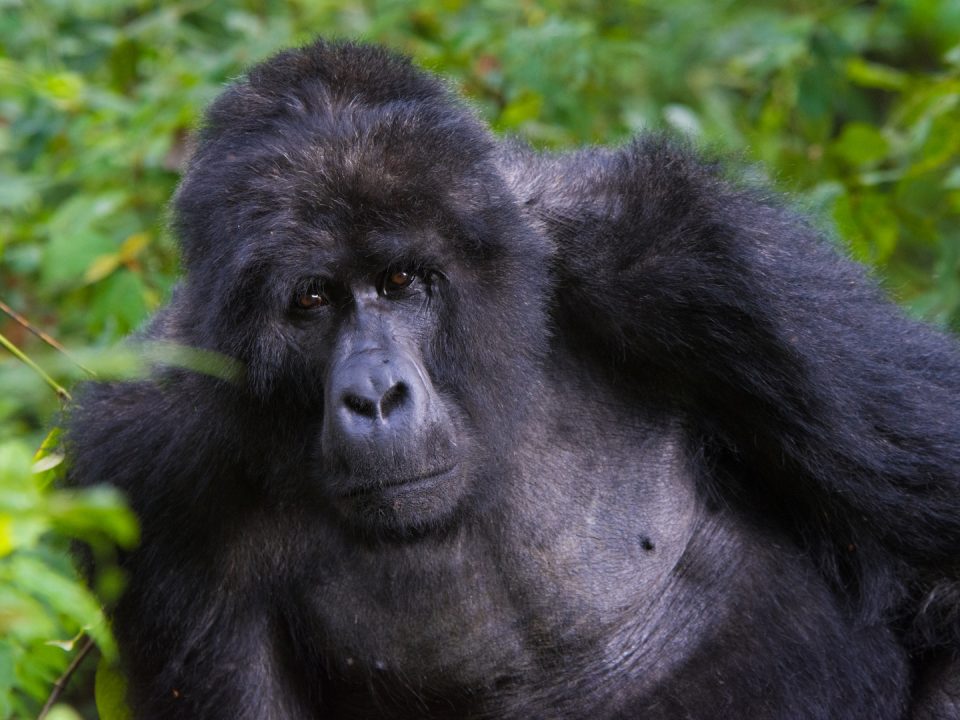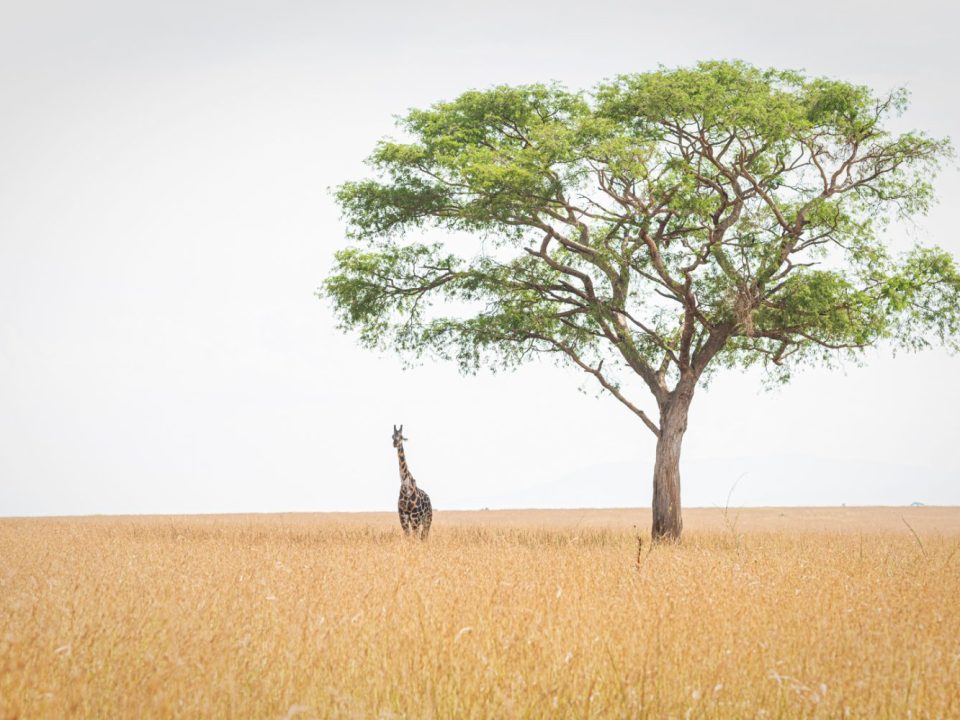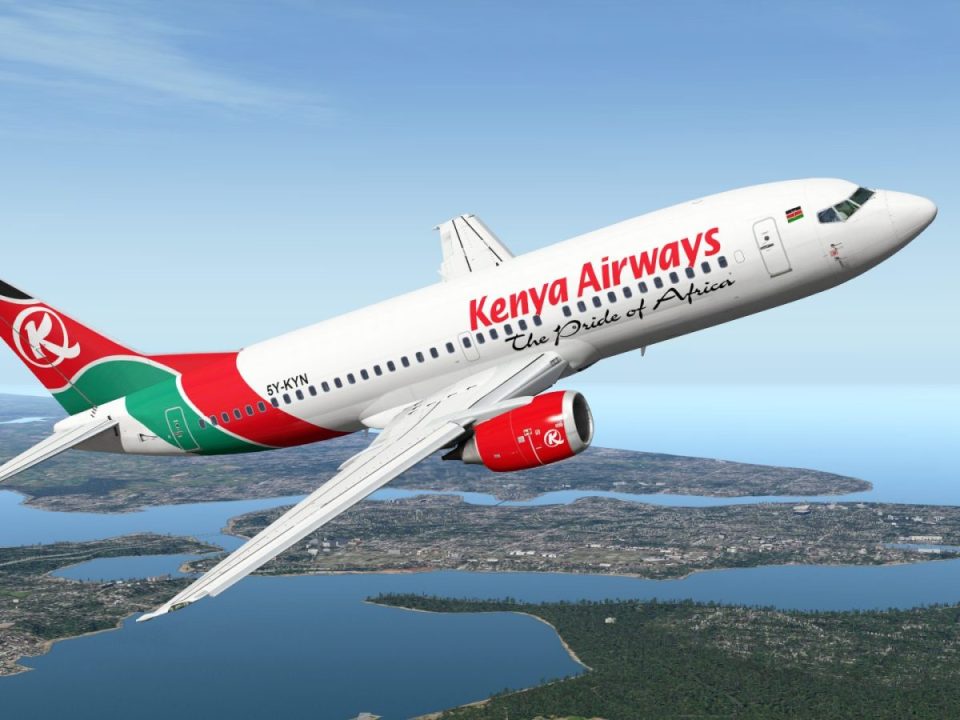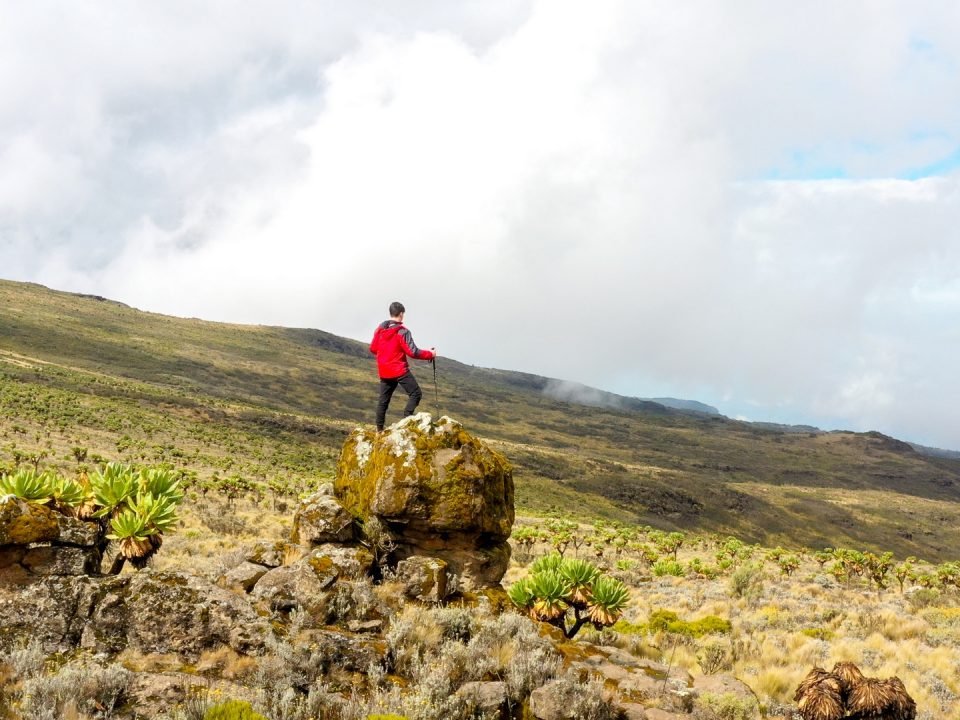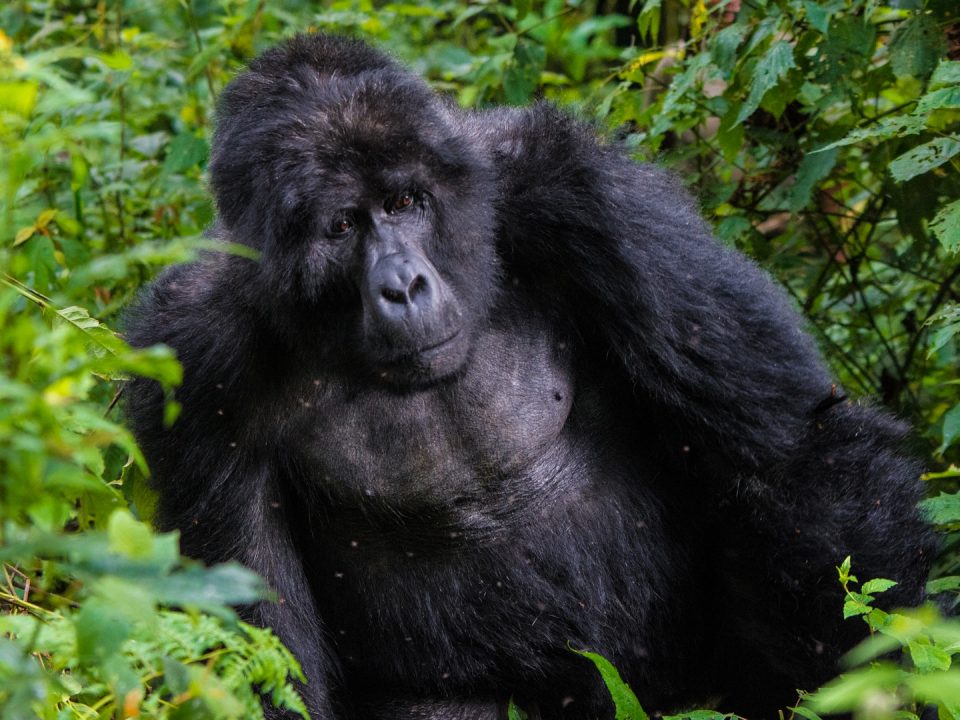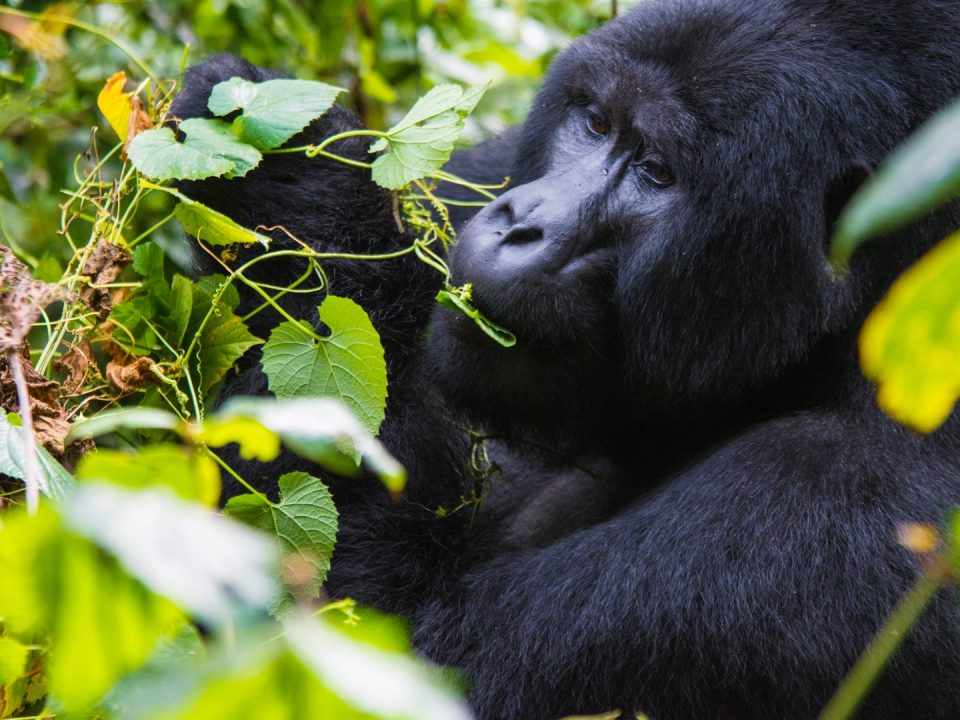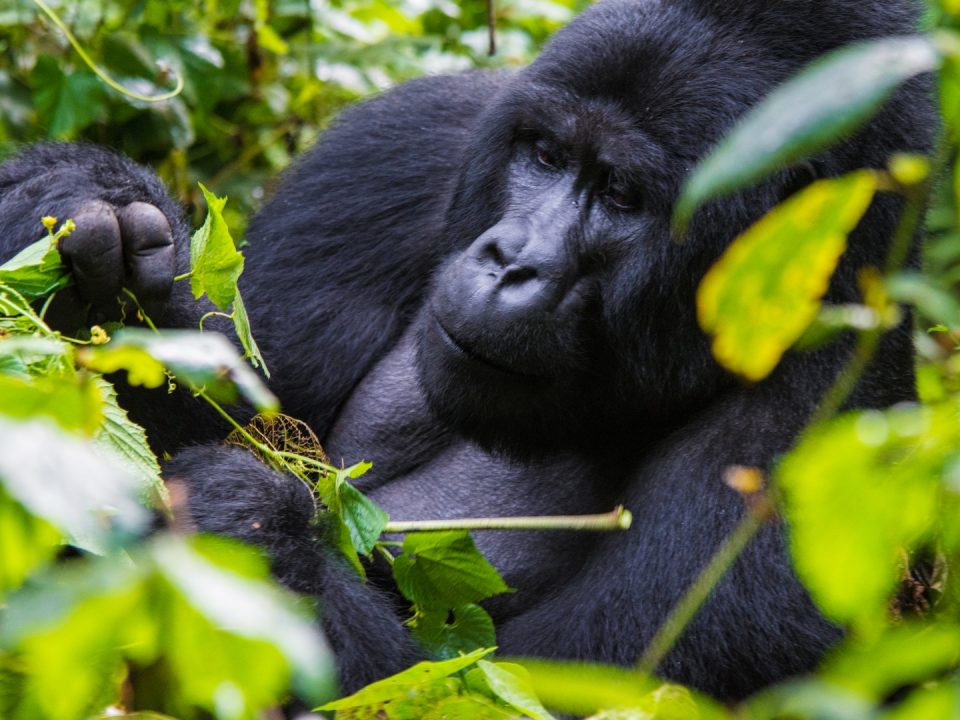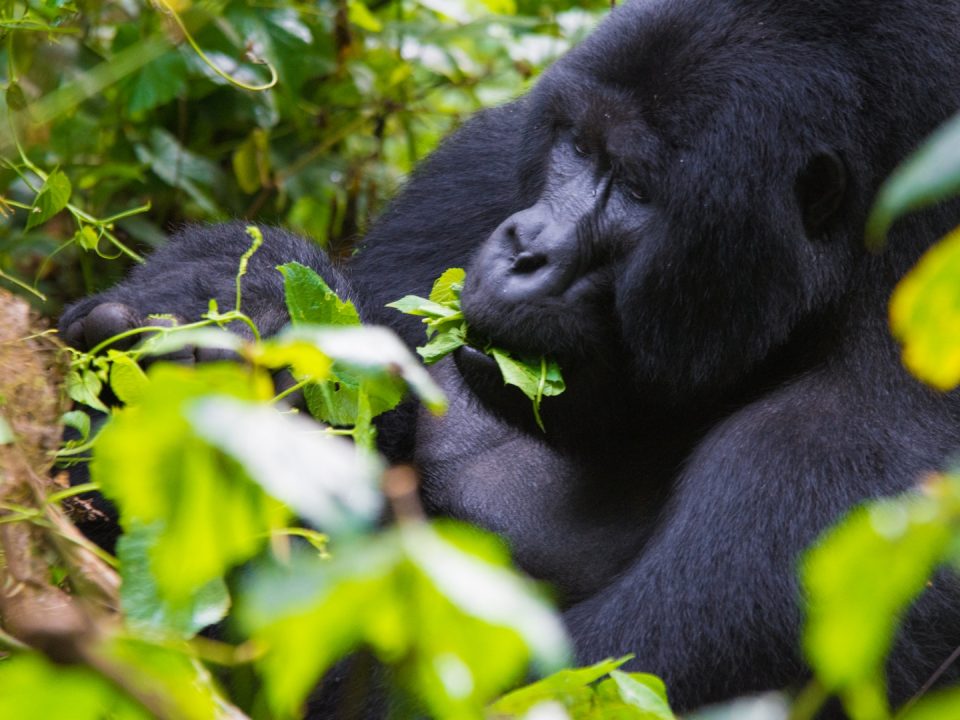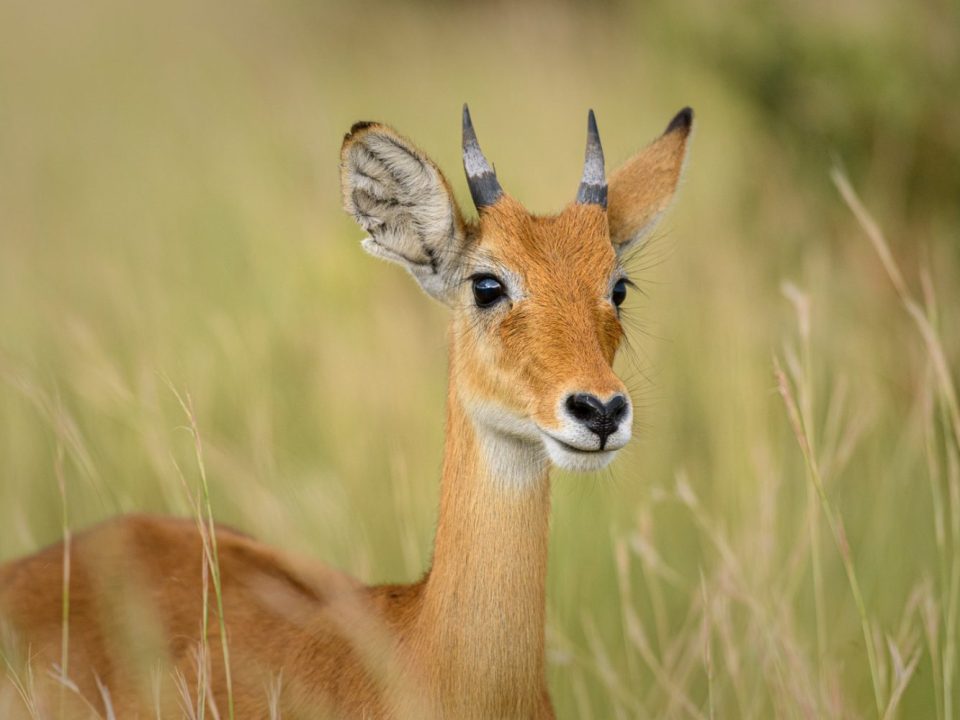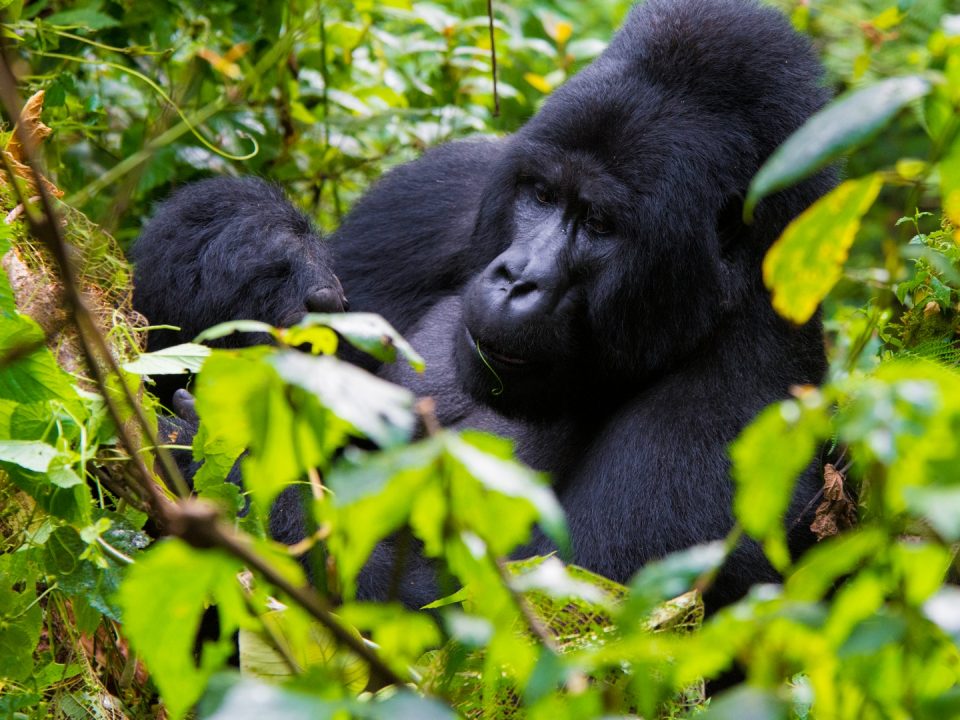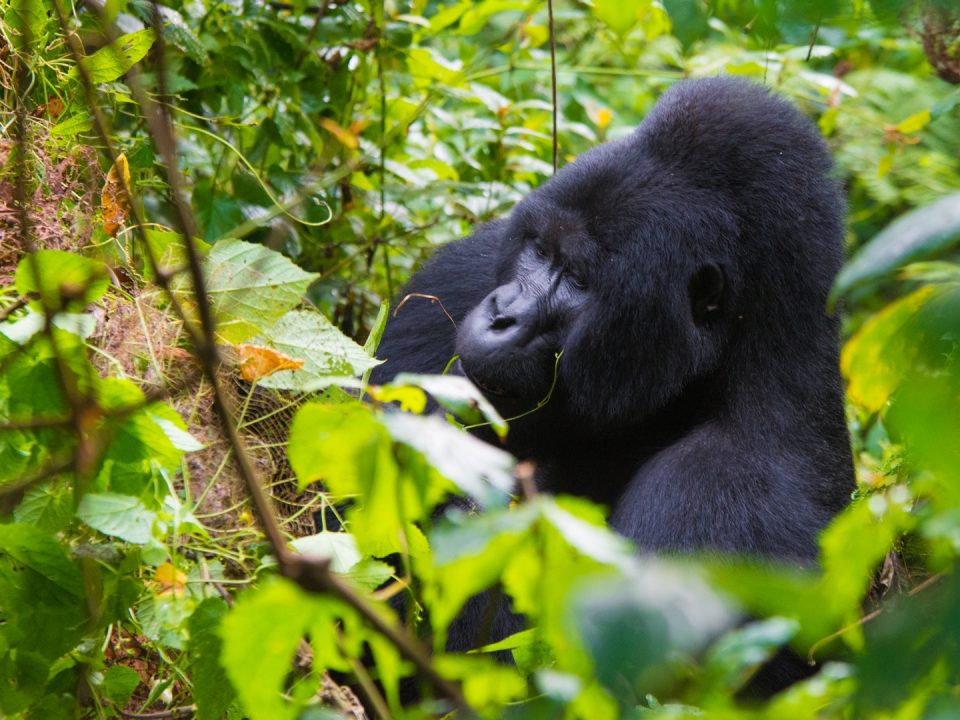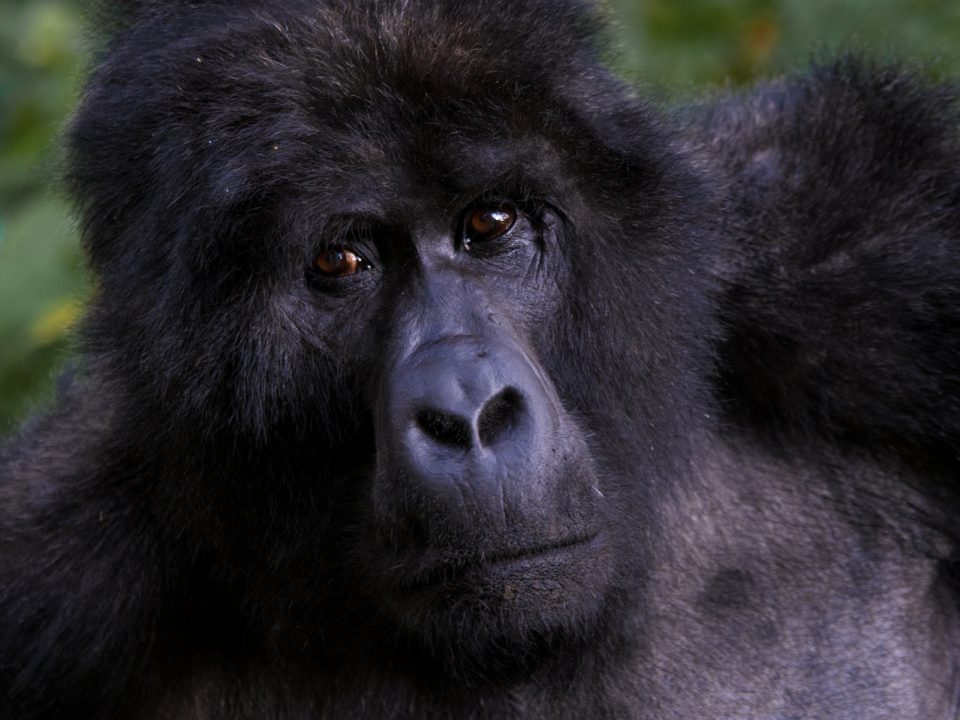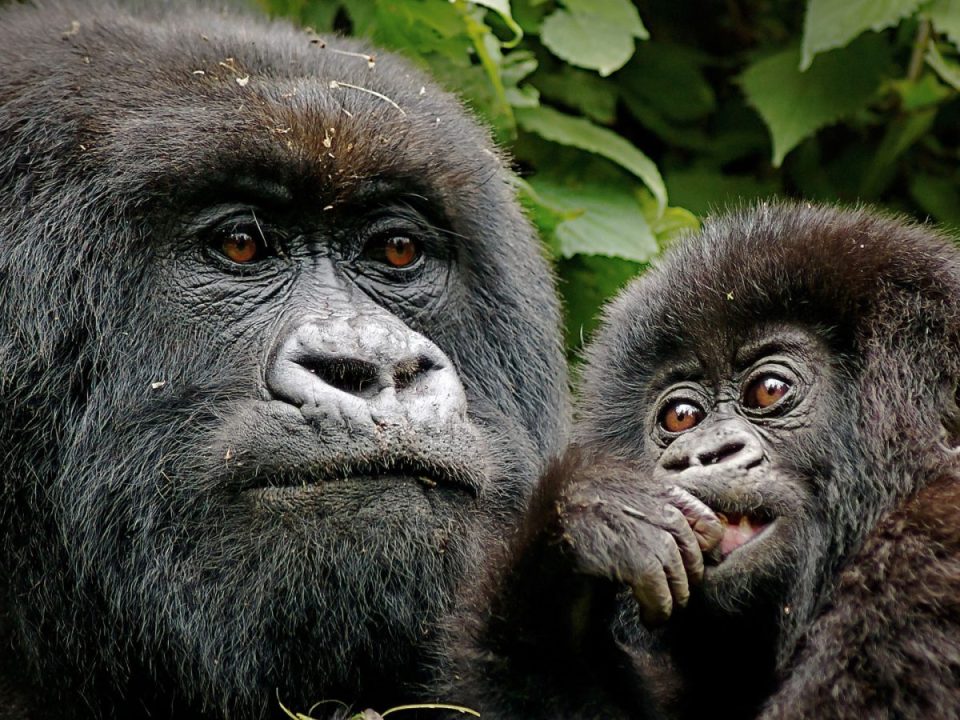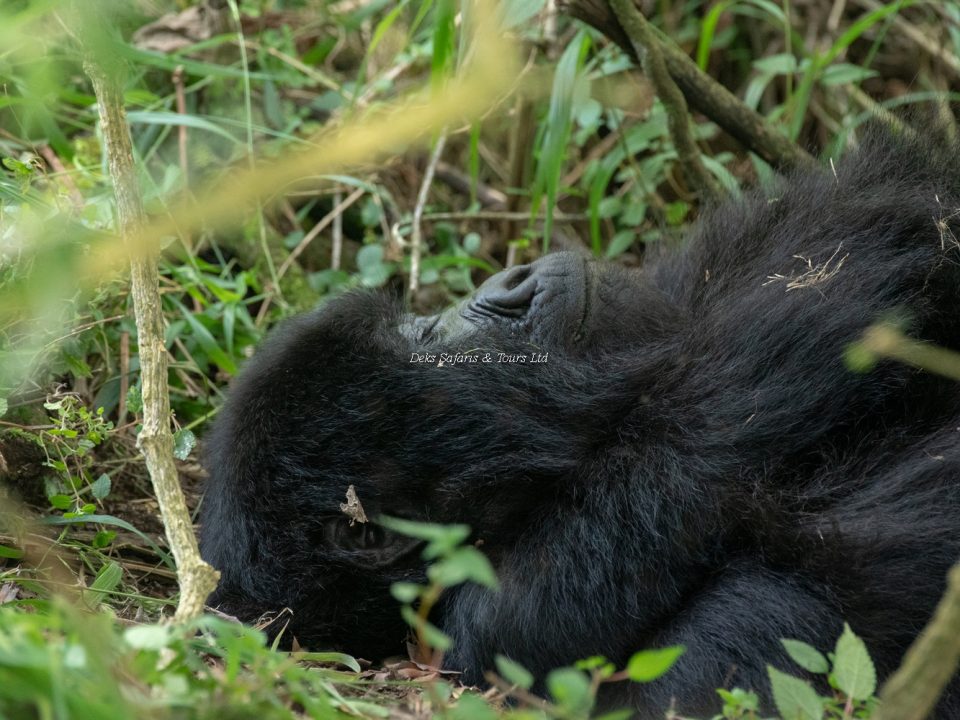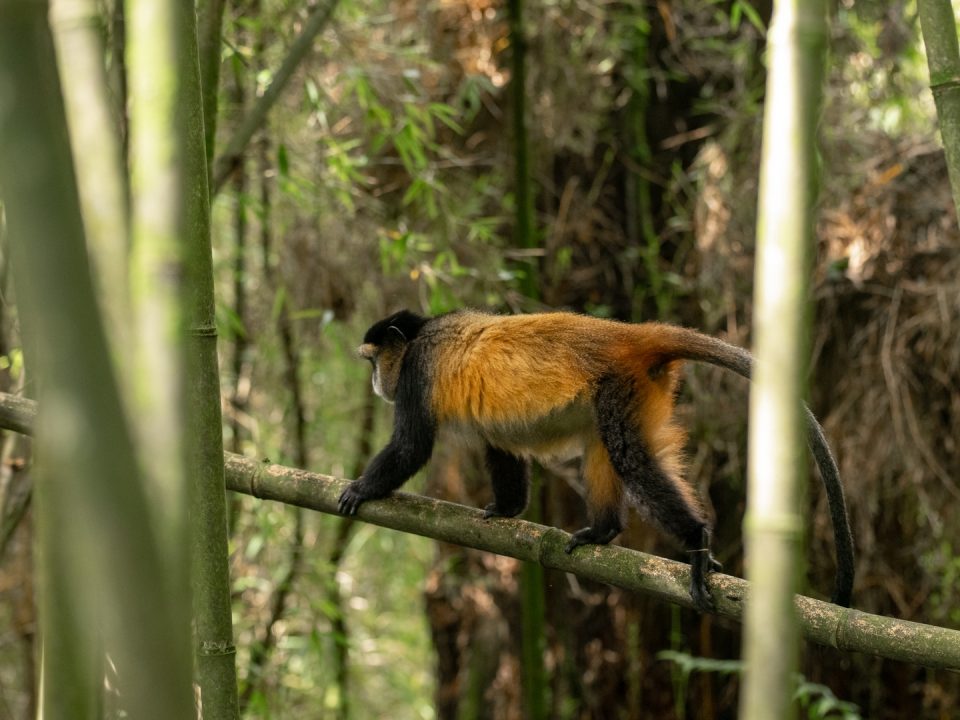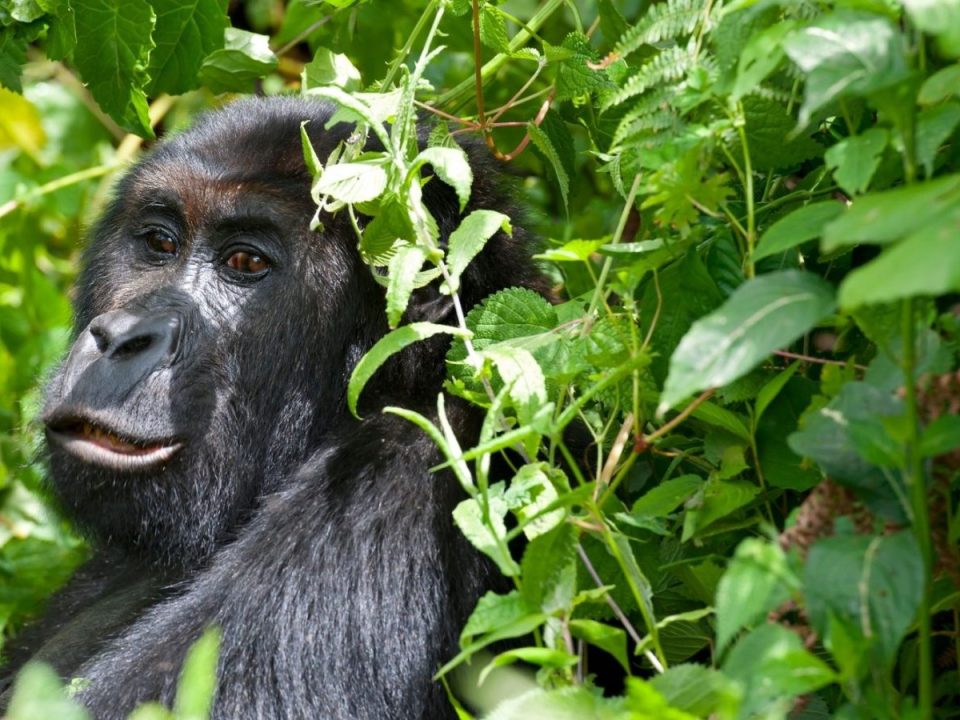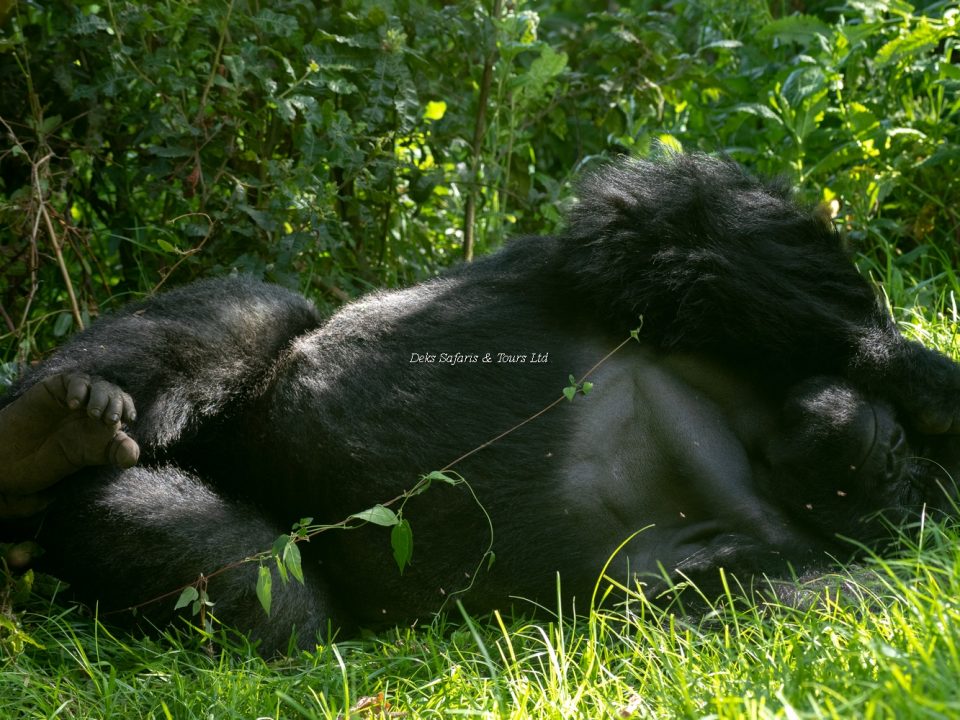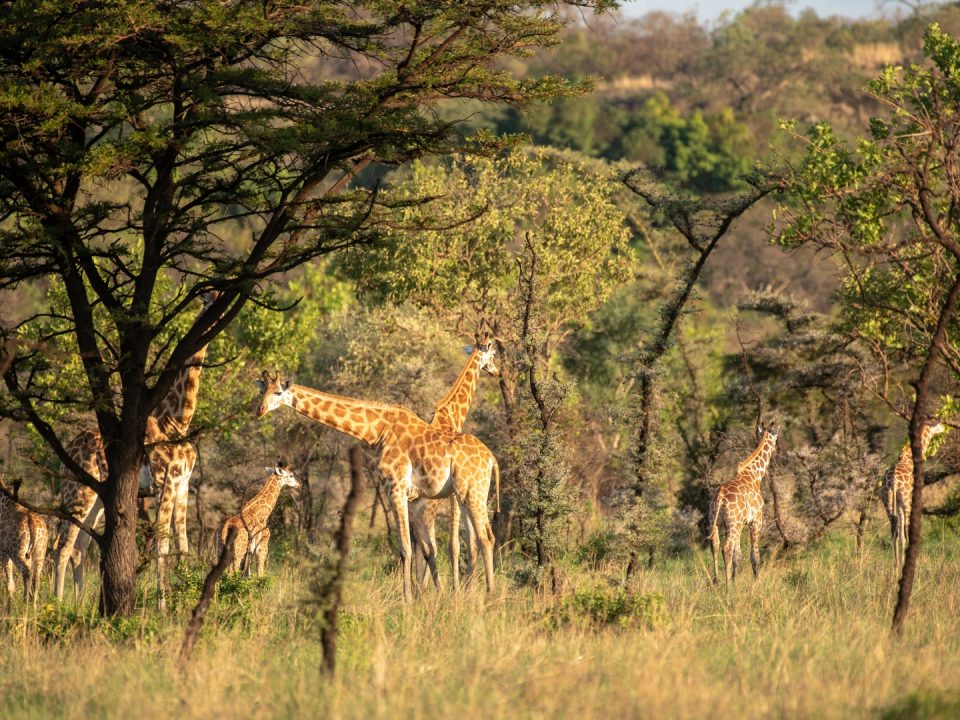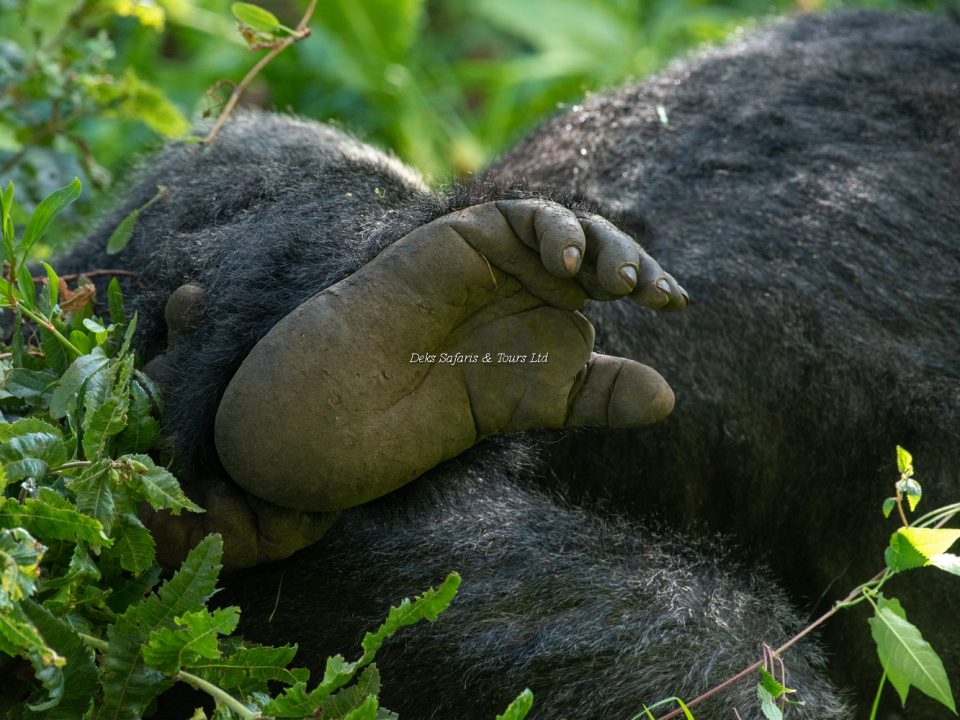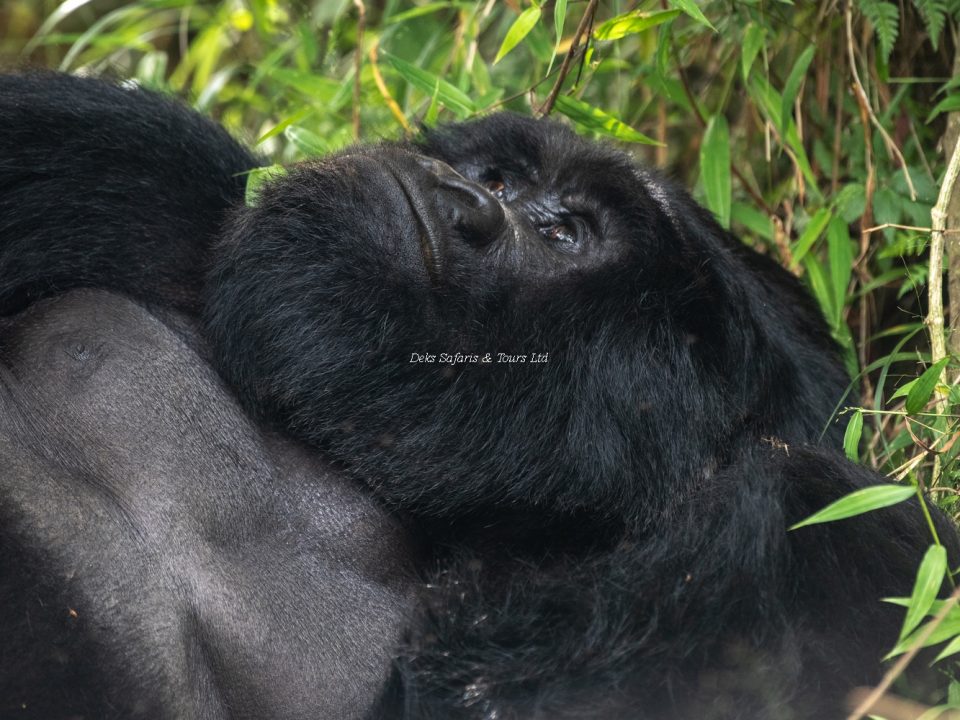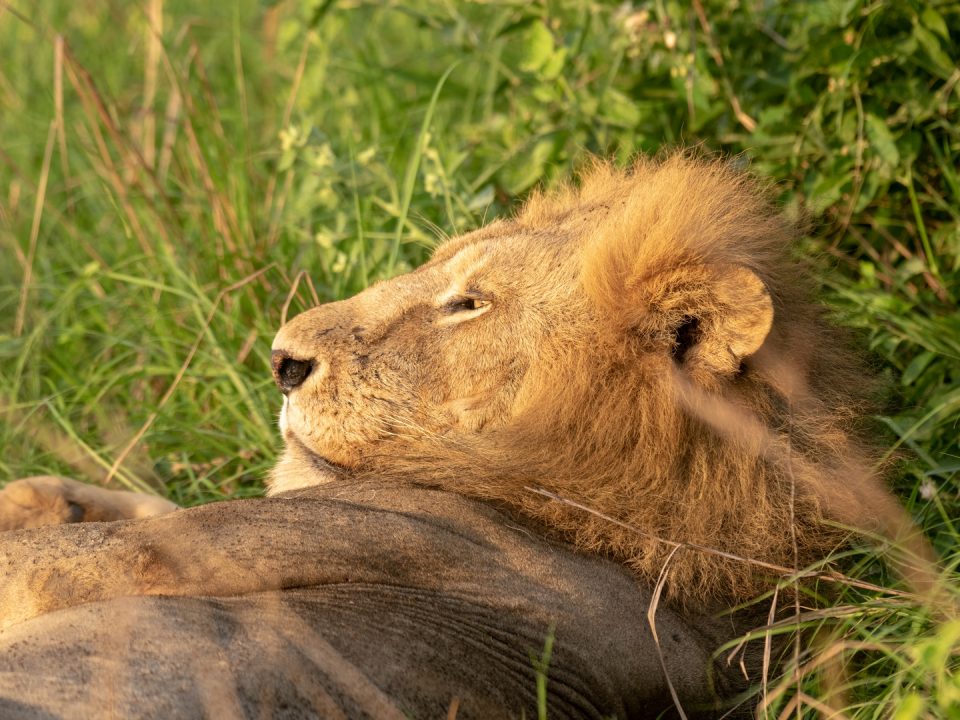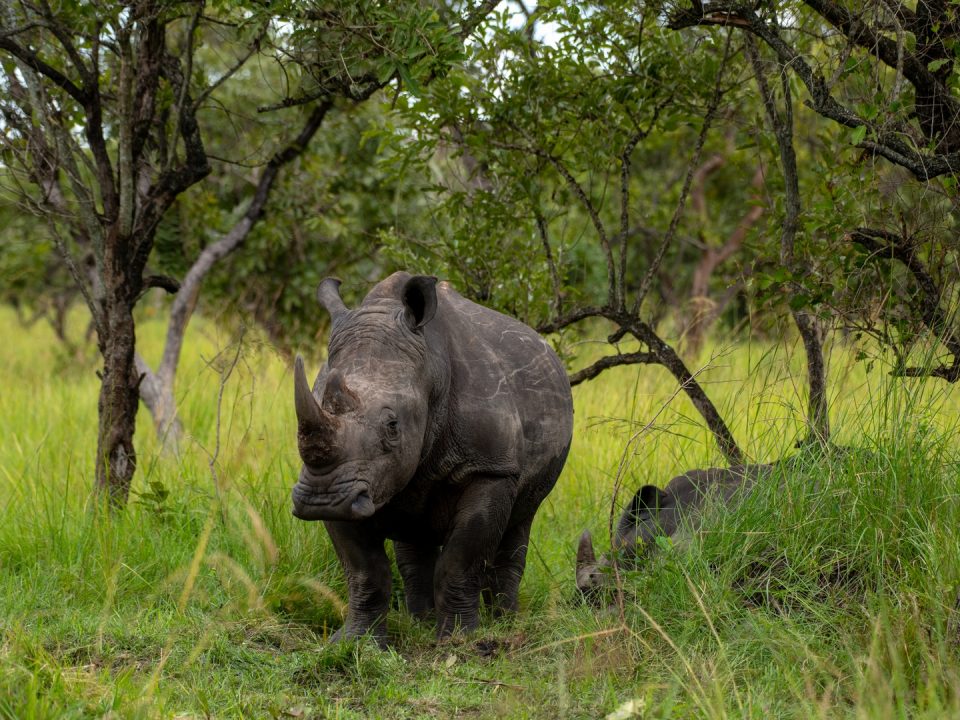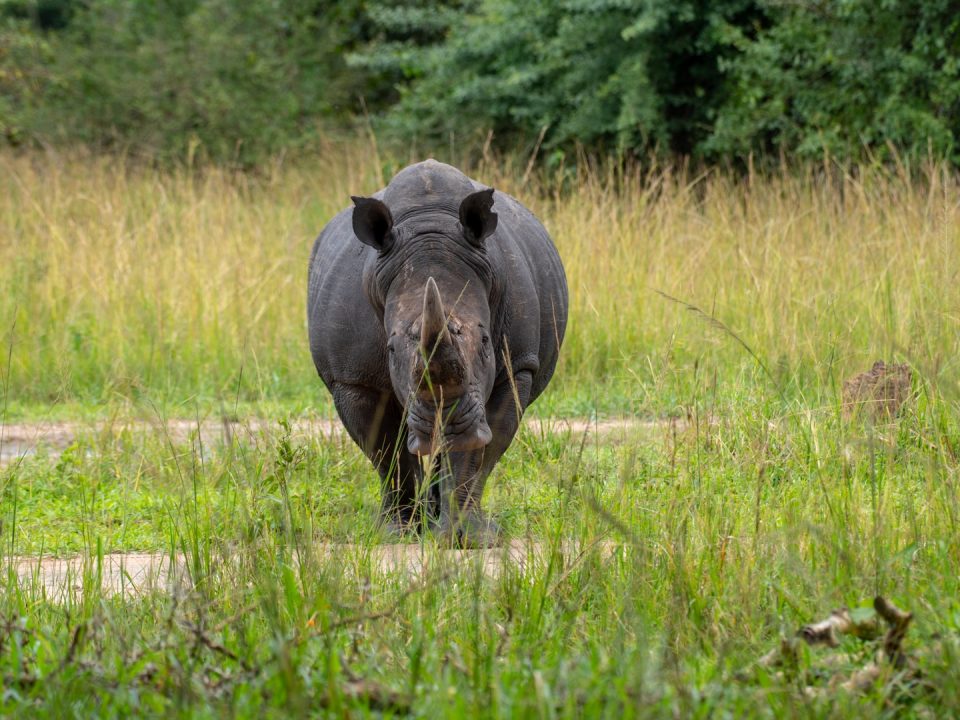November 5, 2023
Published by Deks Safaris & Tours Ltd on November 5, 2023
Categories
- Adventure Holidays
- Africa Adventure Tours
- Africa Safari News
- Africa Senior Tours
- Africa Tour
- Africa Tours
- Africa Village Tours
- Africa Wildlife Safari
- Africa Wildlife Tour
- Chimpanzee Tracking News
- Golden Monkey Tracking Uganda
- Gorilla Safaris
- Gorilla Trekking Africa
- Luxury Holidays in Uganda
- Luxury Packages in Uganda
- Luxury Safari in Uganda
- Luxury Safaris in Uganda
- Luxury Travel in Uganda
- Luxury Travels in Uganda
- Travel News
- Uganda Birding Safari
- Uganda Cultural Safari
- Uganda Gorilla Trekking Safari
- Uganda Safari News
- Uganda Safari Parks
- Uganda Safaris
- Uganda Safaris Tour
- Uganda Tour
- Uganda Tours
- Uganda Wildlife Safari
- Wildlife Safari News
Do you like it?0

